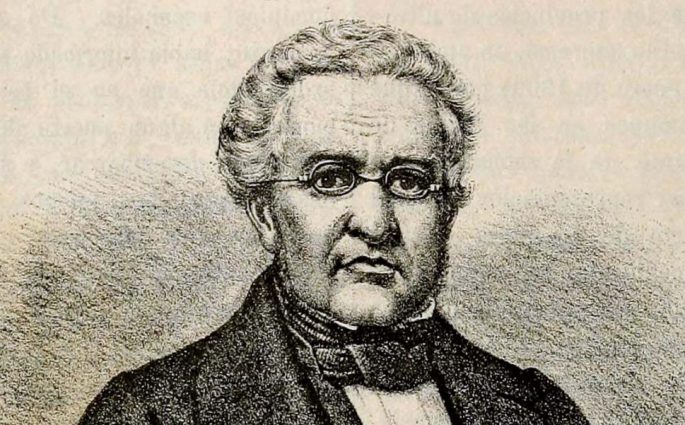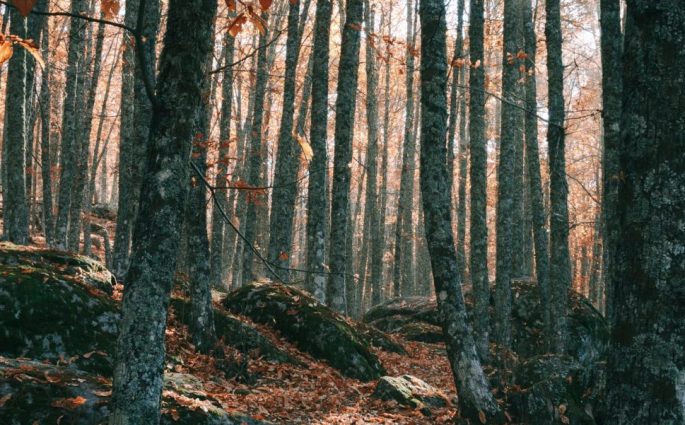Lucas Alamán and the History of Mexico
Eric Van Young— Lucas Alamán (1792–1853) was one of the most eminent statesmen of nineteenth-century Mexico, and in the opinion of many the author of the greatest history of Mexico’s independence movement. His public career was played out against the chaotic backdrop of the early republican period, often called the









